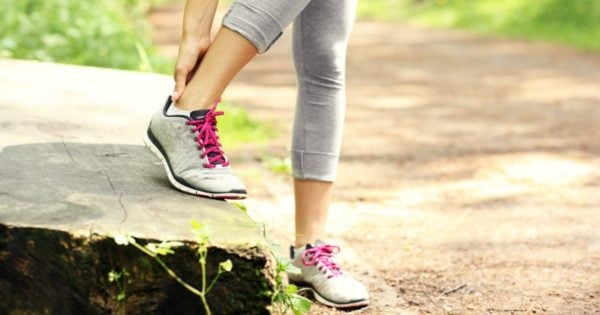

Are you feeling achy or fatigued? Over 400,000 Australians live with rheumatoid arthritis, most of whom are women. The first diagnosis usually occurs between the ages of 35 to 64, but the struggle doesn’t necessarily end with knowing what’s causing your aches, pains and other unpleasant symptoms. Even people who know they have rheumatoid arthritis rarely speak up when they aren’t coping. That needs to change.
If you recognise some of the symptoms below, you shouldn’t feel guilty about speaking up. Nobody needs to live in pain. Around 50 percent of people living with rheumatoid arthritis aren’t in remission and you’re not alone. Your health is important.
It’s ok to not be ok.
Here are the top five symptoms of a rheumatoid arthritis flare-up:
1. Fatigue.
Everyone gets tired sometimes, be it from a late night at the office, your three-year-old having night terrors or a cat who thinks 3am is the best time to run up and down the house making noise. However, if you’re constantly feeling fatigued and nothing in your life has changed it, it’s worth checking in with your doctor.




Top Comments
Gosh, this article kinda white washes RA! It's the most painful thing I've ever experienced, and I've got a case mild enough to be handled by the lightest medication available. My fingers were so stiff and sore that I couldn't open the cap on a tube of toothpaste, or twist the lid on my mascara. My wrists hurt so much that I wouldn't change from first to second gear, I'd over rev the engine and change straight into third because the jolt wasn't as painful. My wrist swelled up so much that I had to have three extra links added to my watch band. My neck hurt, my jaw hurt, my knees hurt. I was maxxed out on paracetamol and ibuprofen, and neither of them helped in the slightest.
Praise the lord for steroids, sulfasalazine and my doctor, who listens to me (after initially not listening at all but then admitting that I'd been right in thinking that I didn't need methotrexate).